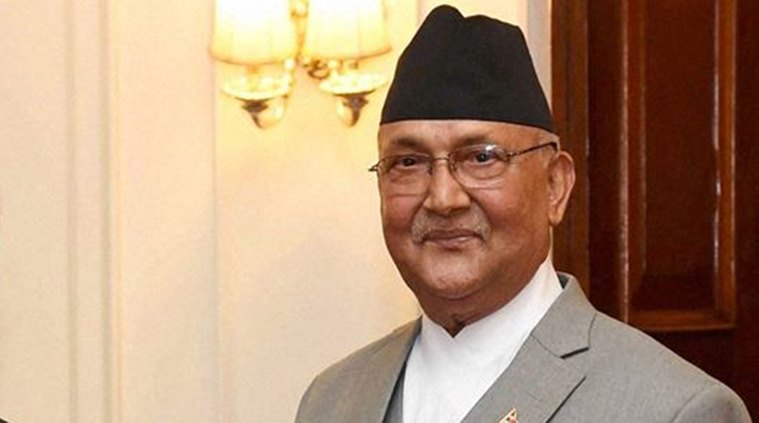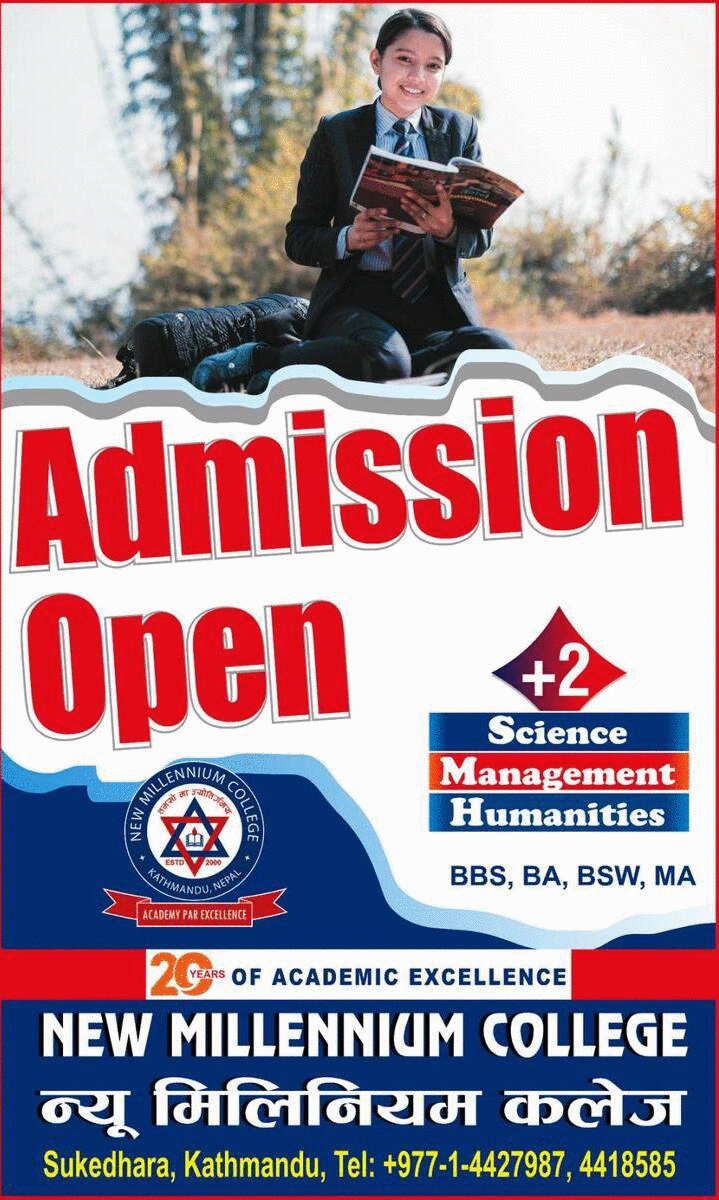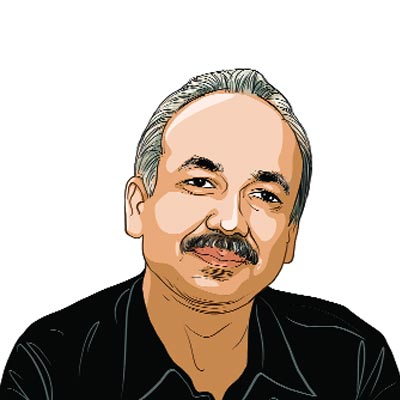 Prime Minister of Nepal KP Sharma Oli at Rashtrapati Bhavan in New Delhi. (PTI Photo/File)I have brought India to the point of respecting Nepal’s sovereignty: Prime Minister K P Oli made this unusual statement last week before the parliamentary committee of the newly-formed Communist Party of Nepal. At the same programme, he made two other announcements. One, the camp office of the Indian Embassy in Kathmandu will be removed. Two, he will visit China in June.
Prime Minister of Nepal KP Sharma Oli at Rashtrapati Bhavan in New Delhi. (PTI Photo/File)I have brought India to the point of respecting Nepal’s sovereignty: Prime Minister K P Oli made this unusual statement last week before the parliamentary committee of the newly-formed Communist Party of Nepal. At the same programme, he made two other announcements. One, the camp office of the Indian Embassy in Kathmandu will be removed. Two, he will visit China in June.
The camp office in Biratnagar has been a bone of contention between the two countries. Nepal has been maintaining that the temporary office that was set up in 2008 June to repair and maintain the Kosi dam in the wake of floods and breach at some points was converted into a defacto consulate office. At least two letters from the Nepal government to wind up the office six years ago did not receive a response from India. But apparently, Indian Prime Minister Narendra Modi, during his recent visit agreed to Oli’s demand. An announcement about the removal of the office was made last week.
However, it is Oli’s claim about him making India respect Nepal’s sovereignty that has triggered a conversation. By welcoming elections to the federal parliament, provincial legislatures and local bodies several times in the past few months, Modi apparently sent out a clear message that India welcomed the implementation of the constitution that it took note of only after it was promulgated. The blockade followed. But was that also a message that India will no more “micro-manage” Nepal’s internal politics, a charge made by many including the Maoist leader, Pushpa Kamal Dahal. The Maoists have arguably been the biggest beneficiary of India’s mediation in 2005. India brought the Maoist insurgents to the centrestage of Nepali politics and endorsed its radical agenda, including the adoption of secularism and turning the country into a republic, without any debate and by undermining established democratic processes and norms. The manner in which the “progressive agenda” was imposed on the constitution continues to divide Nepalis: The question constantly asked is if an external diktat is the best or acceptable way to write a constitution.
Within a week of Modi’s return, the two main communist parties — Communist Party of Nepal-Unified Marxist Leninist and the Communist Party of Nepal (Maoist Centre) — merged to form the Communist Party of Nepal. India did not acknowledge the event. In fact, none of the international actors in Nepal — the US, European Union, United Nations — responded to this development, which the leaders of ruling party described as an important milestone in Nepal’s journey towards political stability and prosperity.
However, China, which rarely reacts to internal political developments, was quick to welcome the merger and pledged Beijing’s readiness to deepen cooperation with Nepal. The phrasing of the response, and the emphasis on “mutually beneficial” cooperation is pregnant with meaning. Oli’s visit to China next month is likely to provide an institutional framework to realise the spirit of the phrase.
China’s ambassador to Nepal, Yu Hong, in a rare write-up in Kathmandu Post, praised the Oli government for “focusing on the development and construction” and “embracing new opportunities for nation-building”. Yu also suggested that China and Nepal should seize the current favourable opportunities to strengthen policy communication, align development strategies from a long-term perspective by making use of various avenues of investment and financing, actively promote cooperation in the fields of connectivity, trade, tourism, energy, culture and people-to-people exchanges, and expand interests in various areas to build a shared future for both countries.
How the Chinese outreach will square against Modi’s recent visit, which projected him as a “devout Hindu” will become clear only after Oli’s Beijing visit. However, Modi’s use of religious ties as an expression of Indian soft power — he offered prayers at three prominent Hindu temples — and the recent visit of Nischalananda Saraswati, the Shankaracharya of Govardan Mutt in Puri, to Kathmandu and different parts of the country are not to be dismissed. In his speeches in different places, the Shankaracharya spoke of the virtues of Sanatan Dharma and the role of a king and how the two together have for long been seen as synonymous with democracy. An irritated Oli, at one point, welcomed the Shankaracharya to the “secular republic” of Nepal and then told him how the Ramayana and the Mahabharata should be read and understood differently in the changed context. Recognising the the warm response the Shankaracharya received in different parts of the country, Oli told his parliamentary party meeting that he would ask the former king (Gyanendra Shah) to head the national committee to celebrate the 10th Republic Day on May 28.
Meanwhile, the CPN’s decision to ensure a presidential pardon to Bal Krishna Dhungel, a former Maoist legislator, convicted and awarded a life term by the supreme court in a murder case, has put the EU in a spot. The EU, unlike China, has been vocal on human rights violations. It has also been happy about the UML-Maoist merger, which it perceives as the best guarantee for Nepal continuing as a secular republic. However, remaining silent on the amnesty to murder convicts will defeat the position EU has held on human rights in Nepal.
Download from Indian Express App
- Nepal: Oli government prepares for clemency to ex-Maoist leaders serving jail termK P Oli is under pressure from the erstwhile Maoist side to grant general amnesty to all its leaders and workers for human right violation…
- Next Door Nepal: Hope and fear in KathmanduCommunist unification has created a behemoth that threatens and reassures…
- Next Door Nepal: The sherpa’s questPM Modi’s visit focused on restating communal ties between the two nations…


